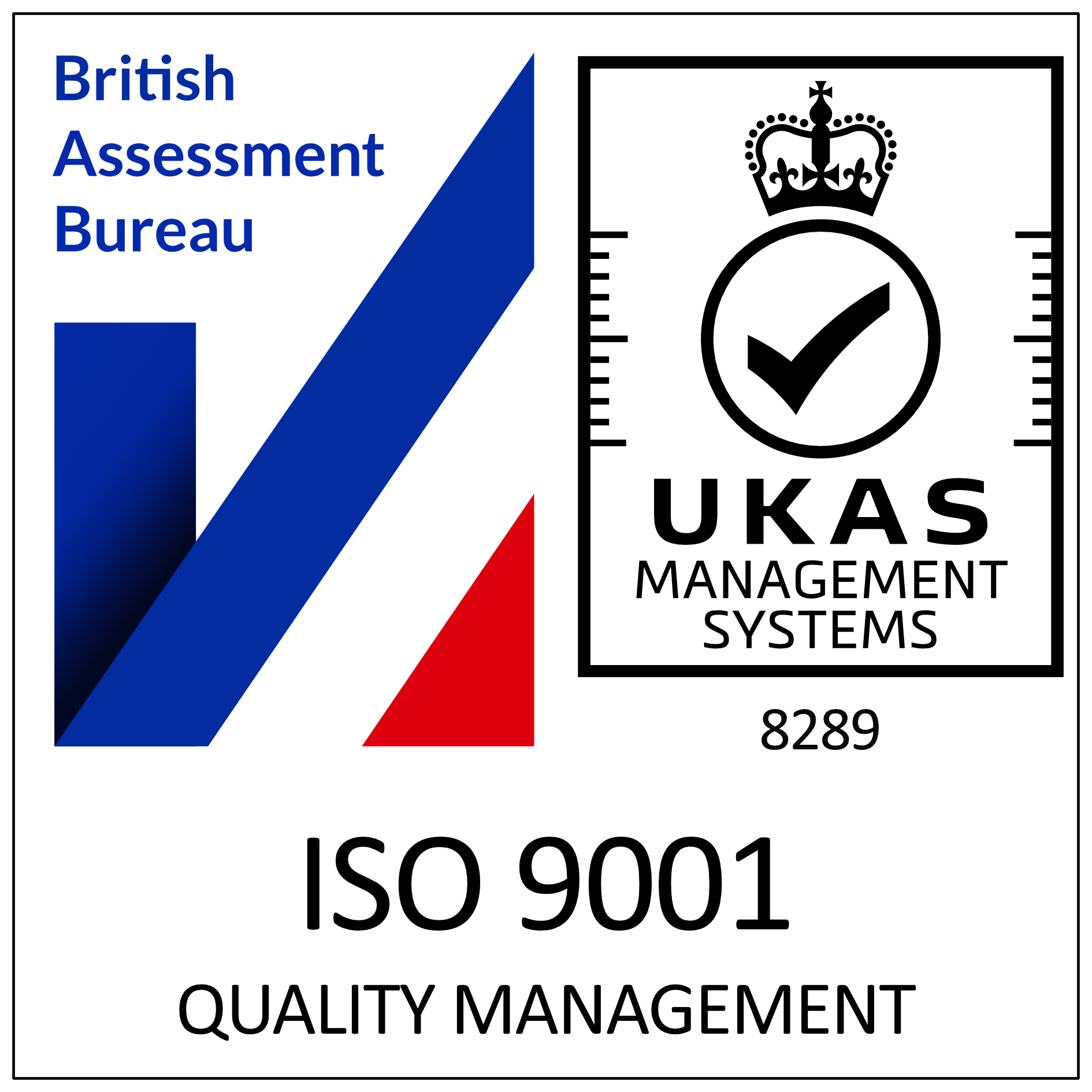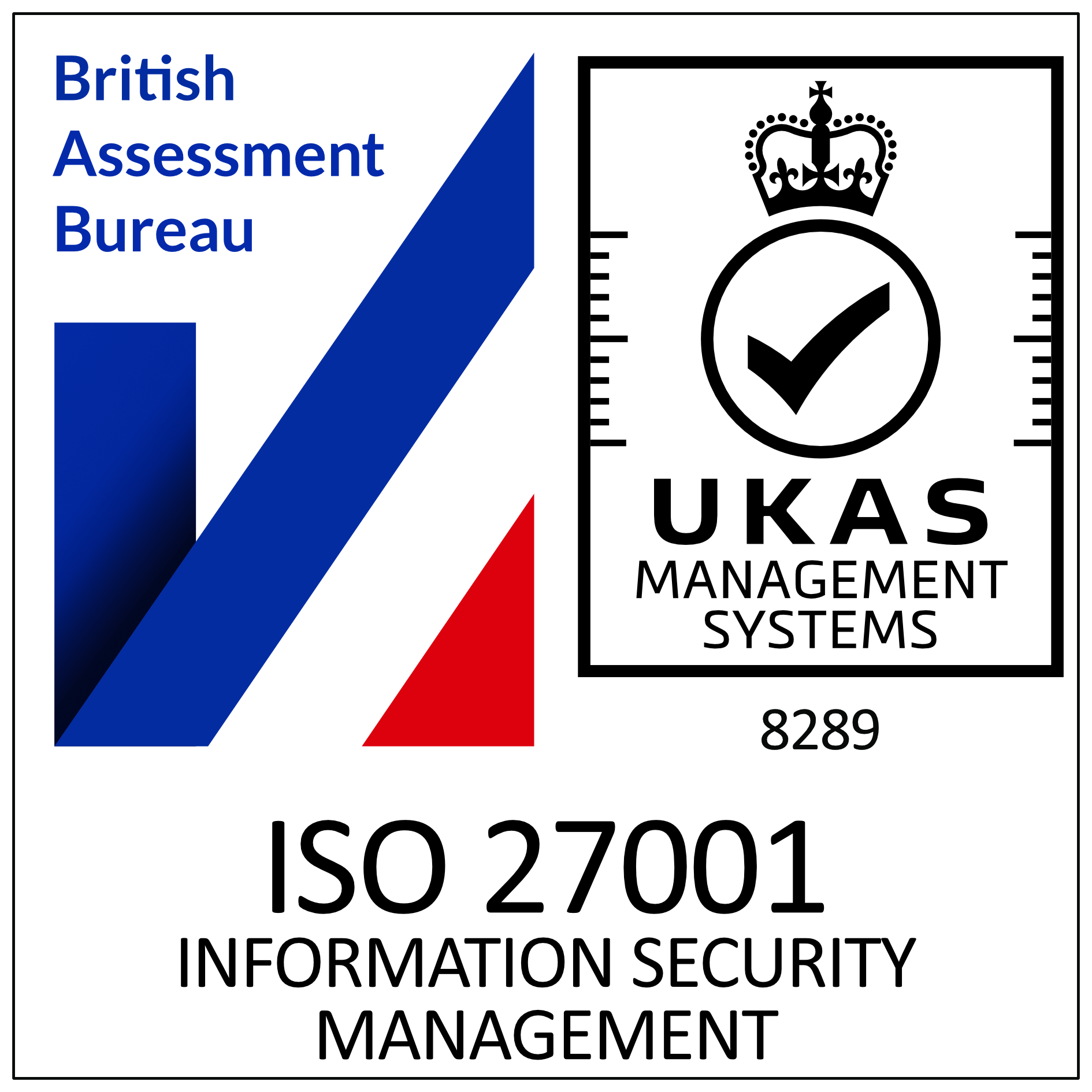IR35 and pretty much anything tax-related can be confusing. However, it’s important for any employer to get their head around – particularly if you utilise off-payroll workers.
But fear not! Our guide to IR35 in the private sector should answer your questions and have you feeling a little clearer when it comes to the rules and legislation.
What Is IR35 & How Does IR35 Work?
IR35 is a tax legislation designed to identify ‘disguised employees’ in the workplace. ‘Disguised employees’ are off-payroll workers who behave like and are treated like employees but are not on the company payroll. Therefore, they are unlikely to pay the same tax and insurance contributions.
IR35 rules apply to off-payroll workers who are self-employed and operating under a Personal Service Company (PSC) i.e. a limited company that they own and control. It does not apply to sole traders or PAYE agency workers.
When Did IR35 Come Into Effect?
The IR35 came into effect for medium and large companies in the private sector in April 2021. It was the biggest change we had seen made to employment tax for decades. It was, and still is, a big talking point. From April 2021, end users – ie the businesses benefitting from the services provided by the contractors – have been responsible and liable for ensuring contractors pay the correct level of tax and national insurance.
Prior to the IR35 coming into effect, businesses in the private sector were able to use contractors using personal services companies without needing to consider their tax implications and their status for tax purposes. The contractors themselves had full control over their tax contributions.
What Does ‘Inside IR35’ Mean?
You may hear the terminology ‘inside IR35’ and ‘outside IR35’ used quite often in relation to this topic. To be ‘inside IR35’, an off-payroll worker would essentially be working the same way an employee would be. Therefore they should be paying broadly the same tax and National Insurance contributions as employees. The service that these workers provide is deemed by HMRC to reflect service of employment rather than self-employment hence why the tax and National Insurance should align.
What Does ‘Outside’ IR35 Mean?
To be ‘outside IR35’ means that an off-payroll worker is operating independently as a business – and not being treated in a similar way to employees – and therefore, falls outside of the IR35 rules. In this instance, HMRC would deem their service as self-employed. Therefore, tax and National Insurance contributions would not be expected to be similar to those of employees.
Watch our IR35 webinar here to find out more.







